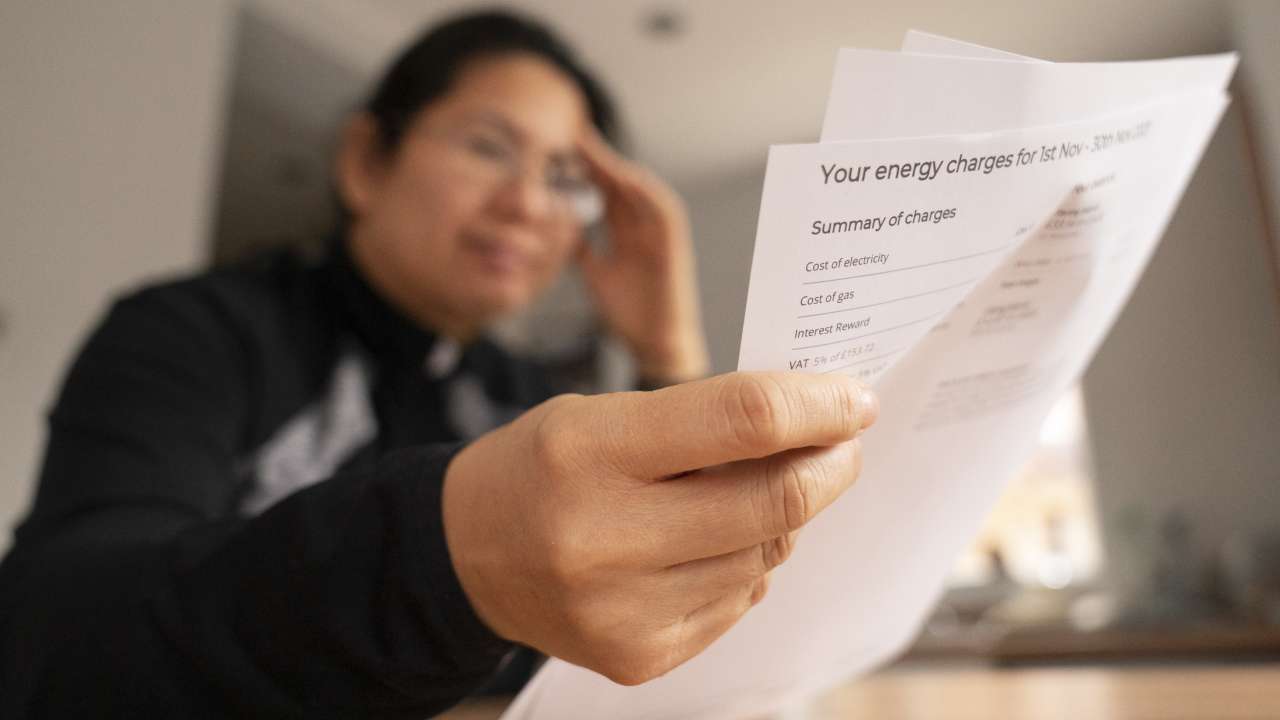UK inflation surged to 2.3% in October, driven by higher energy bills, marking the highest rate in six months. Official data revealed that the increase was significant, rising from 1.7% in September. A typical household’s gas and electricity costs rose by approximately £149 last month, pushing the inflation rate above the Bank of England’s target of 2%.
While the rise in energy costs contributed to the inflationary pressure, prices in some sectors, like live music and theater tickets, decreased. Energy prices, however, remain a critical concern as the colder months approach. The government’s recent reduction of financial support for energy bills has increased anxiety among households.
The energy price cap, which limits the cost of gas and electricity for homes, has been set at £1,717 annually for typical usage. While lower than last winter, this cost increase is felt deeply by many, with a sharp rise in requests for financial assistance from energy providers.
Inflation in services, such as hospitality and travel, also saw a rise to 5%, with food prices holding steady from September, but alcohol and tobacco costs soaring. Businesses, particularly in hospitality, are struggling with rising operational costs, which are expected to eventually be passed onto consumers.
Despite inflation being lower than its peak in 2022, UK households continue to feel the strain, with overall prices rising sharply since October 2020. Policymakers, aware of these pressures, are cautious about reducing interest rates too quickly, as rising inflation could hinder the economy’s recovery.
Analysts warn that, despite the slight dip in inflation from its peak last year, the overall cost of living remains high, and further challenges lie ahead, particularly for pensioners and those affected by the scaling back of government support for energy bills.
ARY NEWS, DAWN NEWS, BBC NEWS, CNN, GEO NEWS





